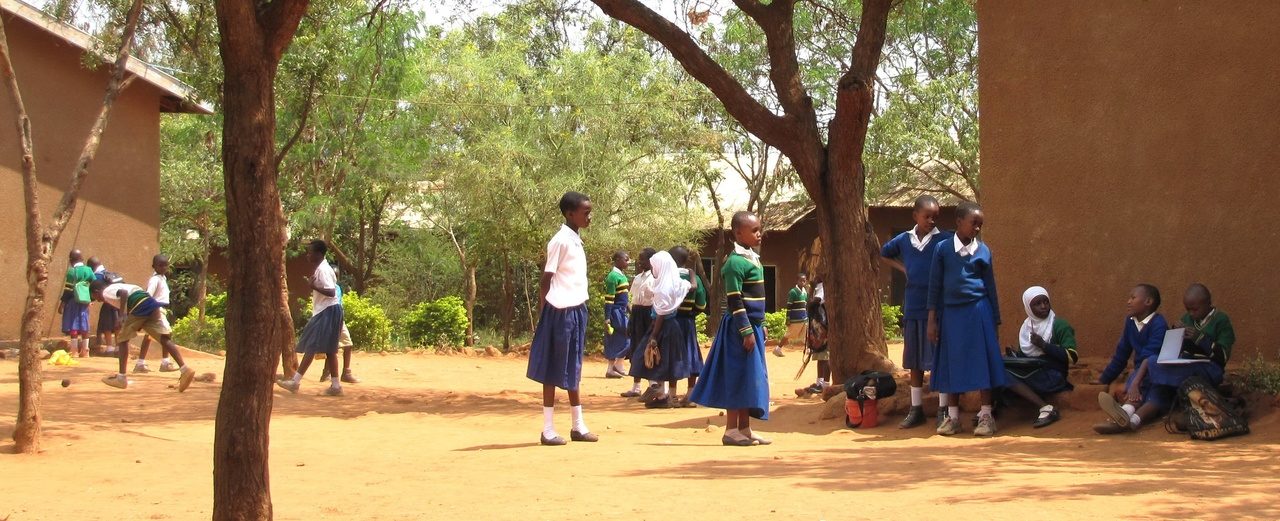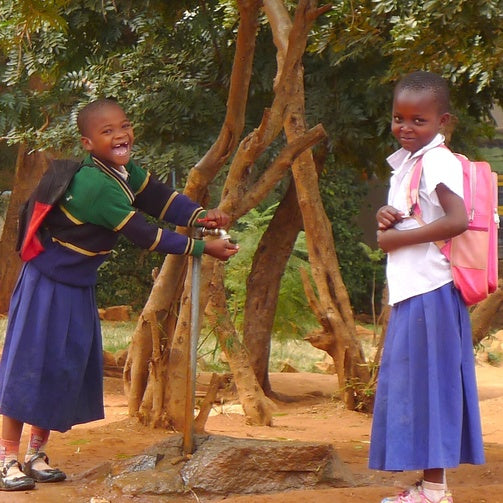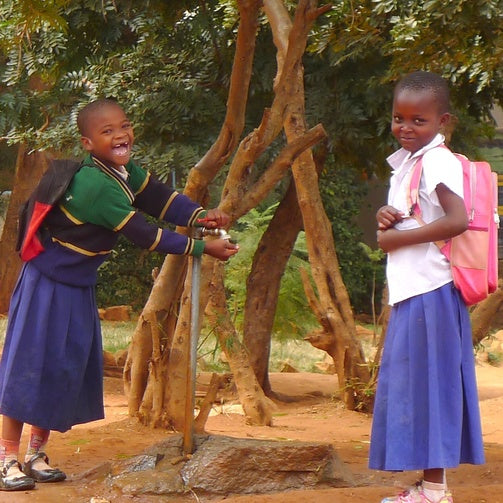Day 17
One year of access to school toilets for a child in Tanzania
 School toilets create the future School toilets create the future
School toilets create the future School toilets create the future


Improving sanitation in schools

need
Improving sanitation facilities for children at Mramba Primary School.
activity
Construction of school toilets with sinks and implementation of hygiene training.
Measurable performance
Number of children benefiting from functioning toilets and sinks at Mramba School.
Result
Reduction in infectious diseases and reduction in school absenteeism, especially among girls.
Systemically relevant impact
Improved educational and future opportunities for children at Mramba Primary School, especially for girls.
background


The good deed
AboutTanzania
Dodoma
Capital city
57,300,000
Population
2.655
Gross domestic product
per capita per year
Rank 154 of 189
Human Development Index
(Human Development Index)




